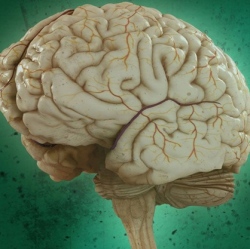
The study on rats heralded a "breakthrough" towards developing treatments. There is no cure for the disease, but medication and brain stimulation can alleviate symptoms. Parkinson’s UK said there were many questions still to be answered before human trials could proceed. The disease is caused by the loss of nerve cells in the brain that produce dopamine ,which controls mood and movement.
To simulate Parkinson’s, Lund University researchers killed dopamine-producing neurons on one side of the rats’ brains. They then converted human embryonic stem cells into neurons that produced dopamine. These were injected into the rats’ brains, and the researchers found evidence that the damage was reversed. There have been no human clinical trials of stem-cell-derived neurons, but the researchers said they could be ready for testing by 2017. Malin Parmar, associate professor of developmental and regenerative neurobiology, said: "It’s a huge breakthrough in the field [and] a stepping stone towards clinical trials."
